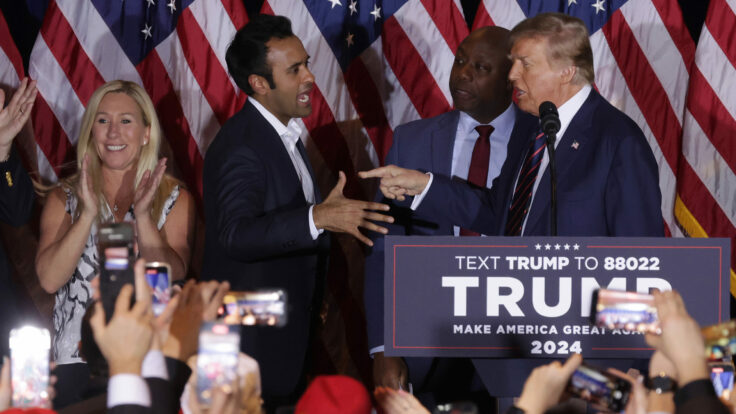Once upon a Congress, two cycles ago, Tom Graves of Georgia walked into the fight for the chairmanship of the powerful Appropriations panel firmly believing that he had the support of then-Majority Leader Kevin McCarthy. Sure, he was a dark-horse candidate, leapfrogging the more senior Kay Granger, but Graves believed that the invisible hand of his big buddy would help him carry the day. After all, he’d raised a ton of money, recruited a half-dozen whips to help him get votes, campaigned for fellow lawmakers and, crucially, enjoyed the backing of McCarthy, who surely appreciated all that legwork. Or so he thought. Alas, none of that seemed to matter as the voting went to the second and then third round. At the time, Politico wrote: “The drama is threatening to become a headache for McCarthy, whose loyalties are being torn between his good friend, Graves, and senior appropriators who say they’ll be furious if he endorses the junior panel member.” Granger won the prized chairmanship on the third ballot.
Graves was furious—furious! So much so, in fact, that despite being a veritable cardinal on an A-level committee, he chose not to run for re-election rather than countenance the indignity. This story has since achieved legendary status on Capitol Hill, of course, because his vacancy in a ruby red district paved the way for none other than Marjorie Taylor Greene. (Graves, now a lobbyist, did not want to comment for this story.)

















